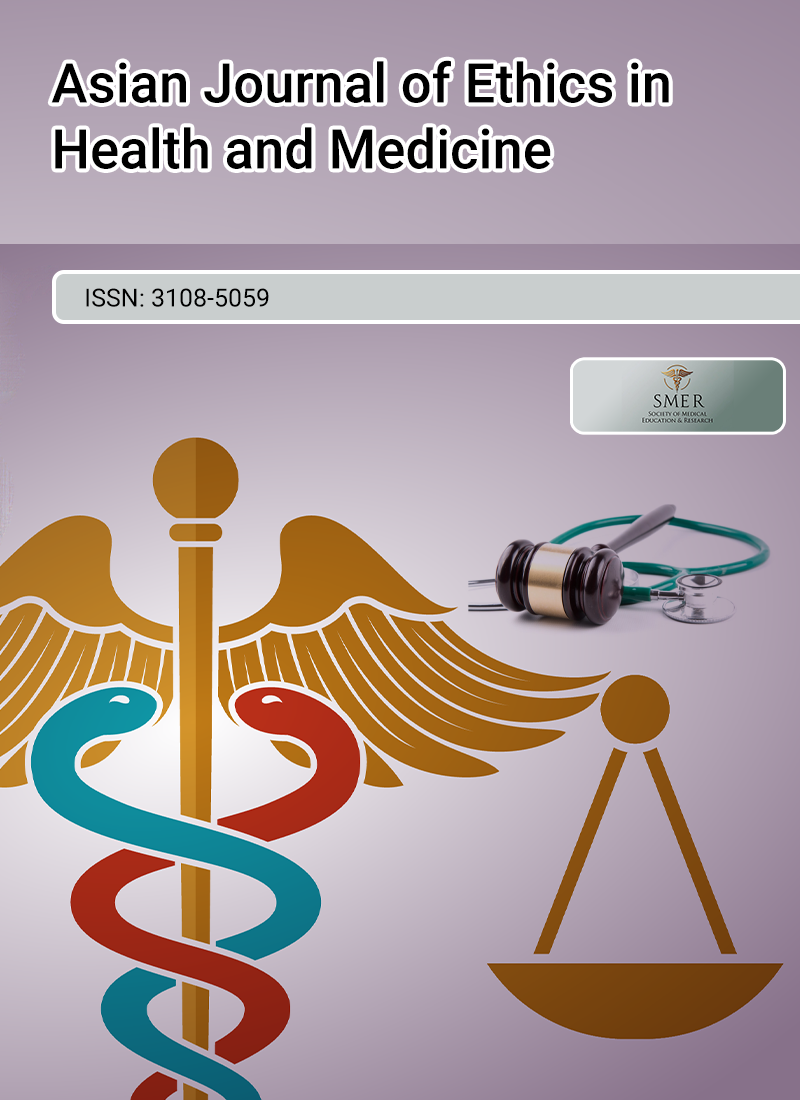
Clinical genomics professionals frequently encounter decisions regarding the disclosure of incidental findings (IFs) arising from genetic research. While previous studies suggest that research participants are generally interested in receiving IFs, there is ongoing debate about the extent of researchers’ obligations to return such findings. This study aimed to investigate the attitudes and perspectives of clinical genomics professionals toward returning IFs in genomic research. A national survey was conducted among 113 clinical genomics professionals using convenience sampling. A self-administered questionnaire assessed participants’ attitudes toward IF disclosure, perceived responsibilities for returning IFs, and perceived barriers to disclosure. Descriptive statistics were used to summarize the responses. Of the respondents, 65 (57.5%) had encountered IFs in their practice, while 31 (27.4%) expressed discomfort discussing IFs with research participants. Fewer than one-third reported the existence of formal guidelines for managing IFs. A majority indicated willingness to disclose IFs depending on disease risk: 84 participants (80%) for risks ≥50%, and 69 participants (62.7%) for risks between 6–49%. Notably, 36 respondents (31.9%) reported feeling no obligation to return IFs. Clinical genomics professionals generally hold positive attitudes toward the return of IFs, although a subset perceives no duty to do so. The development of detailed, standardized guidelines is essential to support professionals in managing incidental findings responsibly.